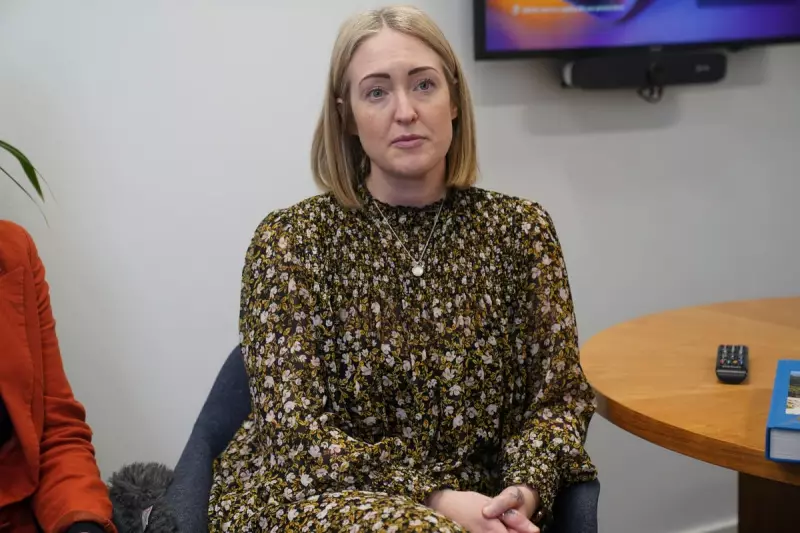
Esther Ghey, the mother of murdered teenager Brianna Ghey, has publicly endorsed Labour's controversial proposal to ban smartphones in schools across England. The policy, which forms part of the party's broader child protection strategy, has gained significant support from child safety advocates.
A Mother's Endorsement
Ms. Ghey, who has become a prominent campaigner for online safety since her daughter's tragic death, described the proposed ban as "a protective measure that will help safeguard children's mental wellbeing." She emphasized how smartphones can expose young people to harmful content and social media pressures during school hours.
Labour's Comprehensive Plan
Shadow Education Secretary Bridget Phillipson is set to announce detailed plans this week that would prohibit mobile phone use throughout the school day. The policy forms part of Labour's wider strategy to enhance child protection measures, which includes:
- Mandatory mental health support in every school
- Enhanced online safety education in the curriculum
- Stronger regulations for social media companies
- Improved training for teachers on digital safeguarding
Government Response and Political Divide
While the current government has issued guidance encouraging schools to implement phone-free policies, Labour argues that a mandatory nationwide ban is necessary for consistency and effectiveness. Education Secretary Gillian Keegan has defended the government's approach, stating that headteachers are "best placed to make decisions about mobile phone policies in their schools."
However, Labour leader Keir Starmer countered this position, stating: "The government's voluntary approach simply isn't enough. We need bold action to ensure every child is protected from online harms during school hours."
Expert Opinions and Research
Recent studies have shown that reducing smartphone usage in schools can lead to:
- Improved academic performance and concentration
- Enhanced social interactions among students
- Reduced exposure to cyberbullying and inappropriate content
- Better mental health outcomes for teenagers
Educational psychologists have welcomed the proposal, noting that schools should be environments focused on learning and personal development rather than digital distractions.
The Path Forward
With growing cross-party support and backing from prominent campaigners like Esther Ghey, the mobile phone ban is likely to become a key education policy issue in the coming general election. As Ms. Ghey stated: "This isn't about restricting children's freedom—it's about giving them the space to learn and grow without unnecessary digital pressures."
The debate continues as both major parties position themselves on child protection and education reform, with parents and educators watching closely for developments that could reshape the school experience for millions of children across England.





